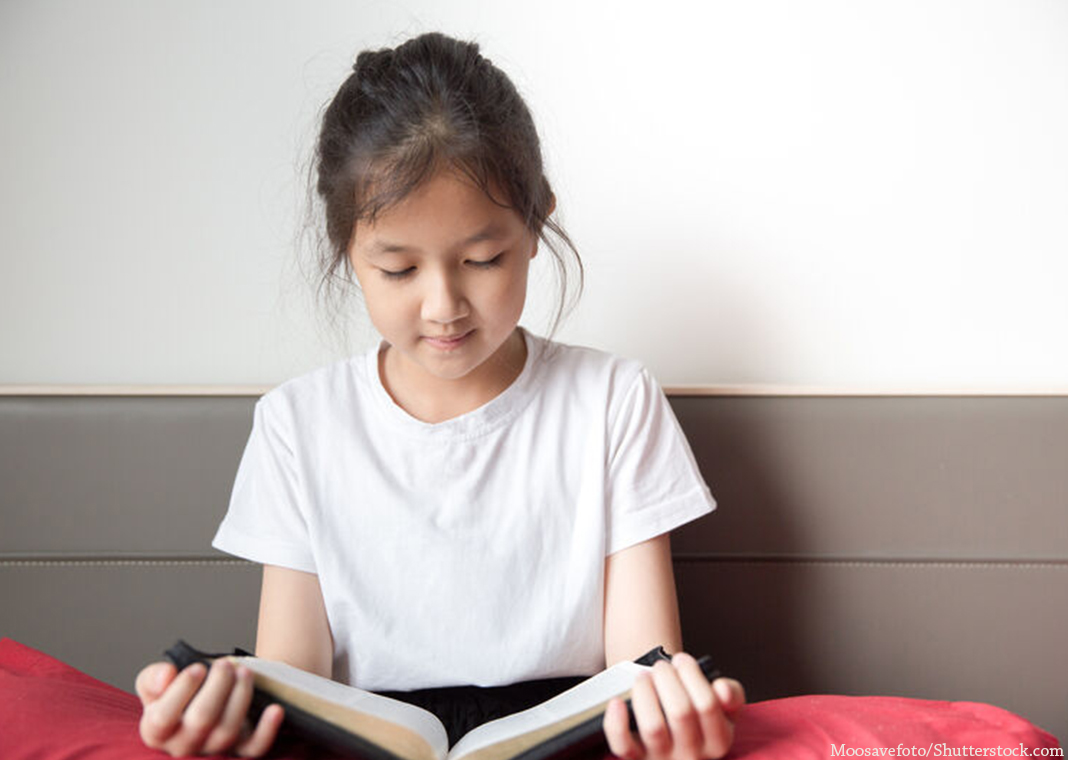
We live in a fast-paced and increasingly anxious world that is clearly affecting the social, emotional, physical, mental, and spiritual health of children. Studies published in the Journal of Developmental & Behavioral Pediatrics and based on data collected from the National Survey of Children’s Health indicate significantly increased rates of anxiety among children, youth, and young adults. As catechists, we have the opportunity to provide a sanctuary for reflection, prayer, and thoughtful conversation in our classrooms. Such a sanctuary can be beneficial for all children, especially those experiencing anxiety and depression.
How can we cultivate a deeper sense of peace in our classrooms, knowing that a significant number of our students might be struggling with anxiety and depression? Here are a few ideas.
Avoid too much busyness.
Many times our faith formation classes take place in the evening when students are already tired from a long day of school. Varying activities can be an important tool to keep children engaged, but pay attention to projects and assignments that can increase tension for students. An example of this would be stations that require children to move rapidly from one area of the learning space to the other. If incorporating stations, make sure that they can be completed at a more leisurely pace, with one station set aside for prayer, and give students time to pause.
Simplify the classroom environment.
Cast a critical eye on the gathering space. While bright colors and lots of bulletin boards can make for an engaging environment, for other students, they can make it difficult to focus. One or two thoughtfully chosen pieces of artwork are much better than lots of smaller detailed pieces.
Set aside a prayer space.
It is important to have a comfortable and inviting space in our classrooms for prayer. If the classroom configuration consists of rows, consider setting aside a corner that feels like a more sacred space. Set out some battery-operated candles, a Bible, a crucifix, or a special focus image. Soothing music is also important. If the gathering space cannot accommodate this, consider incorporating regular visits to the church (if feasible) as part of the class routine.
Offer time for prayerful reflection.
Consider regularly incorporating longer opportunities for prayer and meditation into sessions as a tool to support spiritual, emotional, physical, and mental health. Prayer is one of our best tools to help us to stay connected to each other and more deeply to God. Introduce children to a variety of prayer forms, such as guided reflections, the Suscipe of St. Ignatius Loyola, or the Jesus Prayer. Lead them in a 3-Minute Retreat. Ask St. Dymphna, the patron saint of those struggling with mental health issues, to intercede for the students.
Incorporate contemplative prayer.
Start with one or two minutes and progress to ten minutes. A simple technique is as follows: Dim the lights slightly, asking children to close their eyes and to notice their breathing. Ask everyone to take three deep breaths in and three deep breaths out. As everyone continues to sit in silence, read a Scripture verse or offer a simple prayer of the heart. Allow time for a few moments of silence, and then ask children to open their eyes. One Scripture verse to incorporate during this time might be Philippians 4:6–7:
Do not worry about anything, but in everything by prayer and supplication with thanksgiving let your requests be made known to God. And the peace of God, which surpasses all understanding, will guard your hearts and your minds in Christ Jesus.




Be the first to comment